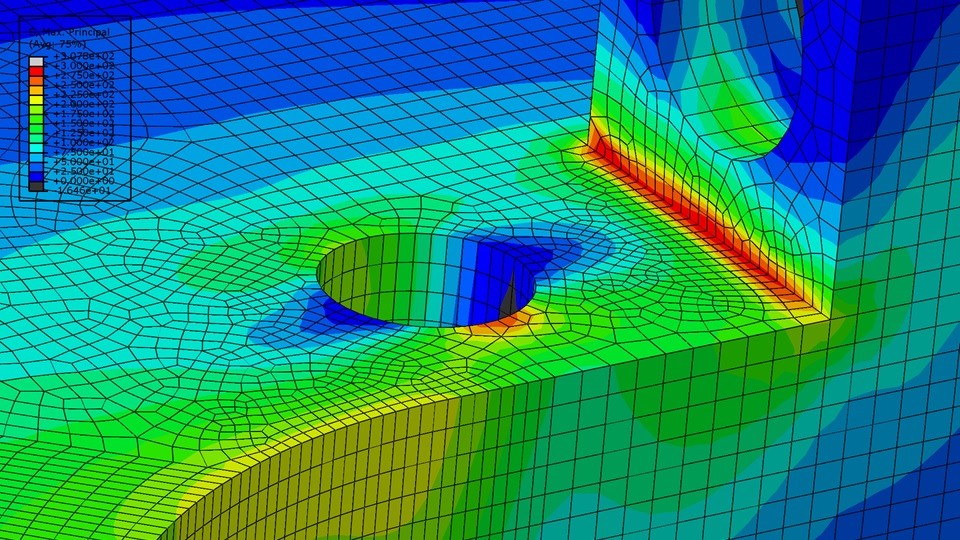Cereal and Grain Elemental Content Verification
Accurate elemental analysis of cereals and grains is crucial in ensuring product quality, compliance with regulations, and maintaining consumer trust. This service focuses on verifying the elemental content in various cereal and grain products to ensure they meet specified standards and guidelines.
The demand for precision in elemental content verification arises from several factors including:
- Increased global awareness of dietary needs
- Increasing regulations regarding food safety and quality
- Rising consumer interest in organic, non-GMO products
- Growing emphasis on sustainable practices within the agricultural sector
The process involves a detailed examination of cereal and grain samples to identify and quantify trace elements such as arsenic (As), cadmium (Cd), lead (Pb), mercury (Hg), selenium (Se), and others. This is essential for industries ranging from food manufacturing to pharmaceuticals, where even minute levels of certain elements can significantly impact product safety.
The testing process typically involves the following steps:
- Sample preparation: Grains are finely ground to ensure a homogenous sample for analysis.
- Standardization: Samples are compared against recognized standards and references to ensure accuracy.
- Instrumentation: Utilizing advanced analytical instruments such as Inductively Coupled Plasma Mass Spectrometry (ICP-MS) or Energy Dispersive X-ray Fluorescence (EDXRF).
- Data analysis: Raw data is processed and analyzed to produce detailed reports on elemental content.
The service caters specifically to quality managers, compliance officers, R&D engineers, and procurement teams who seek reliable, accurate, and compliant elemental analysis. By leveraging this service, customers can:
- Ensure product safety and meet regulatory standards
- Demonstrate adherence to organic or non-GMO certification requirements
- Evaluate the sustainability of sourcing practices
- Gain competitive advantage by offering products that meet consumer demand for trace element-free grains
The following table outlines a typical scope and methodology for this service:
| Step | Description |
|---|---|
| Sample Collection | Grains are collected from various sources and stored in appropriate conditions. |
| Preparation | Samples undergo thorough grinding to ensure homogeneity, followed by digestion using acid methods. |
| Analytical Instrumentation | Advanced ICP-MS and EDXRF instruments are used for precise elemental analysis. |
| Data Processing | Raw data is processed to generate detailed reports on elemental content. |
Scope and Methodology
The scope of our cereal and grain elemental analysis service extends across a wide range of products including wheat, corn, oats, barley, and rye. The methodology is designed to meet the rigorous standards set by international bodies like ISO, ASTM, and EN.
| Scope | Description |
|---|---|
| Elemental Analysis | We analyze trace elements such as arsenic, cadmium, lead, mercury, and selenium. |
| Data Accuracy | All results are validated against internationally recognized standards to ensure accuracy. |
| Regulatory Compliance | We ensure compliance with regulations such as EU MRLs, FDA, and USDA guidelines. |
Customer Impact and Satisfaction
The impact of accurate elemental analysis on cereal and grain products is profound. By ensuring the safety and quality of grains, this service directly benefits end consumers by:
- Reducing health risks associated with high levels of trace elements.
- Ensuring compliance with international food safety standards.
- Enhancing brand reputation through consistent product quality.
- Aiding in the development of new, safe products.
The service also enhances customer satisfaction by:
- Providing detailed and reliable reports that are essential for regulatory compliance.
- Offering timely analysis to meet production deadlines.
- Supporting decision-making processes in R&D and procurement.
Environmental and Sustainability Contributions
This service contributes positively to the environment by:
- Ensuring that agricultural practices are sustainable and safe for both consumers and the environment.
- Supporting the development of non-GMO products, which reduce the need for chemical fertilizers.
- Aiding in the identification of contaminants that could lead to soil degradation.
The service also promotes a culture of responsibility and sustainability among our clients by:
- Encouraging best practices in agricultural sourcing.
- Facilitating informed decision-making regarding product safety and quality.
- Sustaining long-term relationships with suppliers who adhere to strict environmental standards.





